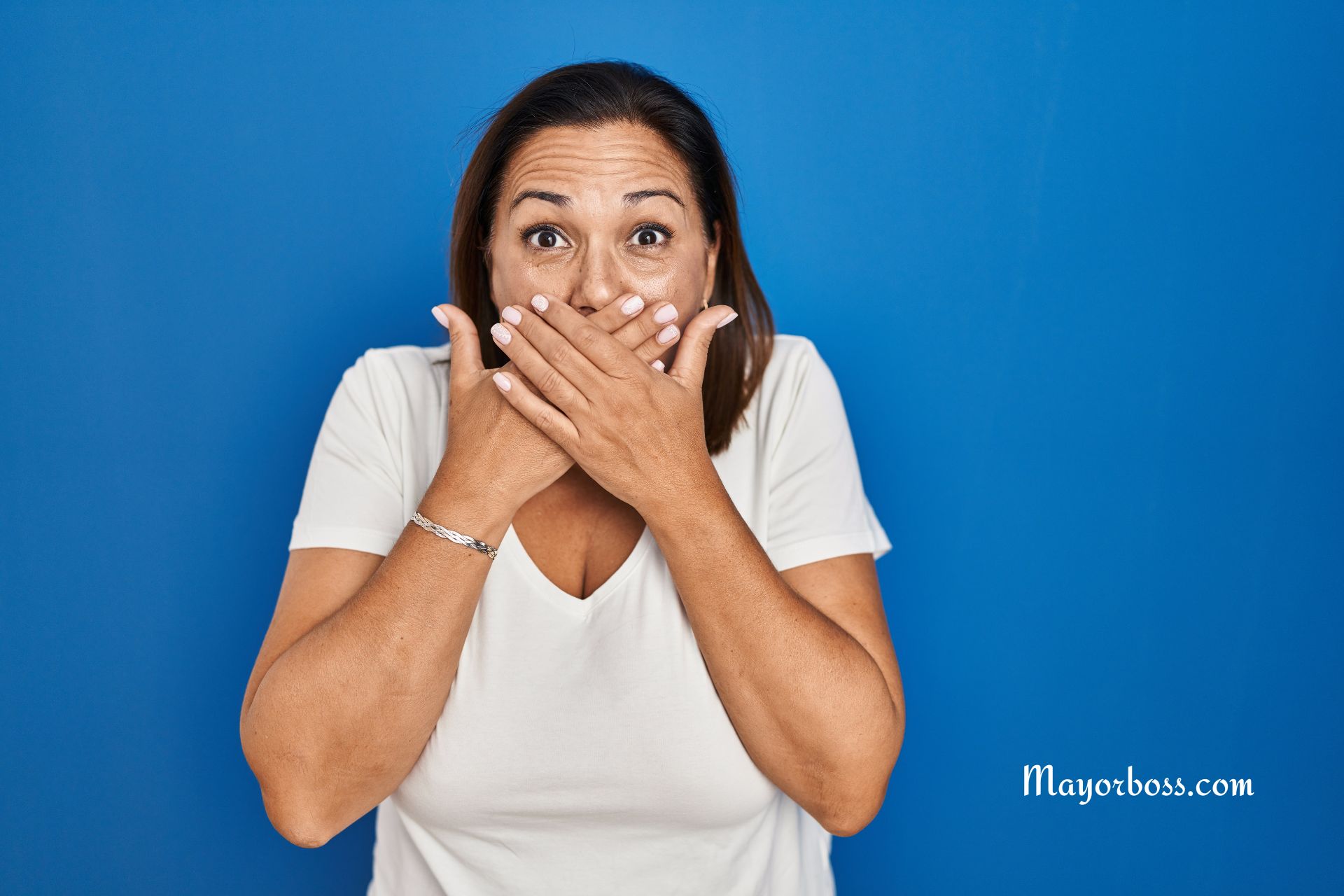What Always Gives You the Hiccups? (And How to Stop Them Fast)
Hiccups are a common and sometimes annoying problem. They happen when a small muscle called the diaphragm suddenly contracts. This makes you take a quick breath in, and your vocal cords close quickly, which causes the “hic” sound. While hiccups usually go away on their own, they can be bothersome if they happen often or last a long time.

What Causes Hiccups?
There are several reasons why you might get hiccups. Some common causes are:
- Eating Too Quickly: When you eat fast, you might swallow extra air. This extra air can irritate your diaphragm.
- Drinking Fizzy Drinks: Soda and other carbonated drinks have bubbles that can add gas to your stomach. This extra gas can push against your diaphragm.
- Sudden Temperature Changes: If you eat or drink something very hot or very cold, it can make your diaphragm react.
- Strong Emotions: Feeling very excited, nervous, or stressed can also make hiccups come on.
- Overeating: Eating too much food can stretch your stomach. A stretched stomach can press on your diaphragm and cause hiccups.
Not everyone gets hiccups from the same things. You may notice that one food or drink gives you hiccups, while your friends might not have the same reaction.
How Hiccups Happen
Your diaphragm is a muscle that helps you breathe by moving up and down. When you breathe in, the diaphragm contracts and moves downward to let air into your lungs. With hiccups, the diaphragm suddenly contracts on its own. This extra contraction causes a quick intake of air. When the air hits your vocal cords, they close, and that makes the sound we call a hiccup.
Two nerves help control the diaphragm: the phrenic nerve and the vagus nerve. These nerves can sometimes be irritated by things like gas in the stomach or a sudden change in temperature. When they get irritated, they send signals that make the diaphragm contract unexpectedly.
Quick Ways to Stop Hiccups
There are several simple tricks that many people use to stop hiccups fast. Here are some easy methods:
1. Hold Your Breath
Holding your breath can help stop hiccups. When you hold your breath, carbon dioxide builds up in your blood. This can help relax your diaphragm. Try taking a deep breath, hold it for about 15 to 20 seconds, and then slowly breathe out. If the hiccups do not stop, try this a couple of times.
2. Drink Cold Water
Drinking cold water slowly may help stop hiccups. The cold water can calm the nerves that control your diaphragm. Take small sips of water until you feel the hiccups slow down.
3. Use a Paper Towel
Place a paper towel over a glass of water and drink through the towel. This forces you to suck harder, which makes your diaphragm work differently. The change in your breathing pattern might stop the hiccups.
4. Swallow a Teaspoon of Sugar
Swallowing a teaspoon of sugar can also help. The sugar might stimulate the nerves in the back of your throat. This stimulation can reset the signals to your diaphragm and stop the hiccups.
5. Breathe into a Paper Bag
Another trick is to breathe into a paper bag. This method increases the amount of carbon dioxide in your blood, which can help your diaphragm relax. Be careful not to use a plastic bag, and do not breathe into the bag for too long.
How to Prevent Hiccups
There are ways to lower the chance of getting hiccups. You can try these simple tips:
- Eat Slowly: Take your time when you eat. Chew your food well and avoid talking too much while eating. This helps you swallow less air.
- Avoid Carbonated Drinks: Try not to drink fizzy drinks too often. Choose water or other non-carbonated beverages.
- Watch Your Portions: Do not overeat. Eating smaller amounts can help prevent your stomach from stretching too much.
- Manage Your Emotions: If you know that stress or excitement gives you hiccups, try to relax and take deep breaths when you feel upset.
- Be Careful with Hot and Cold Foods: Try not to mix very hot and very cold foods or drinks quickly. Give your body a chance to adjust to the temperature.
When to See a Doctor
Most of the time, hiccups are harmless and go away on their own. However, if hiccups last for more than 48 hours or if they cause pain or trouble breathing, it is important to see a doctor. Long-lasting hiccups may signal another problem in your body. Other signs, like severe pain or vomiting, should also prompt a visit to a healthcare provider.
Summary
Hiccups happen when your diaphragm contracts suddenly. Common triggers include eating too quickly, drinking carbonated beverages, experiencing strong emotions, and sudden temperature changes. You can often stop hiccups with simple methods like holding your breath, drinking cold water, using a paper towel, swallowing a teaspoon of sugar, or breathing into a paper bag.
Preventing hiccups is also possible. Eating slowly, avoiding fizzy drinks, watching your portions, managing your stress, and being careful with hot and cold foods can all help. If hiccups last too long or come with other serious symptoms, it is best to consult a doctor.
